Unless you are a small company with one design team, the chance you have standardized on one FPGA vendor for all your needs, forever and ever, is unlikely. No doubt you probably have a favorite, because of the specific class of part you use most often or the tool you are most familiar with, but I’d bet you use more than one FPGA vendor routinely.… Read More
 Advancing Automotive Memory: Development of an 8nm 128Mb Embedded STT-MRAM with Sub-ppm Reliability IEDM 2025 Papers MRAM…Read More
Advancing Automotive Memory: Development of an 8nm 128Mb Embedded STT-MRAM with Sub-ppm Reliability IEDM 2025 Papers MRAM…Read More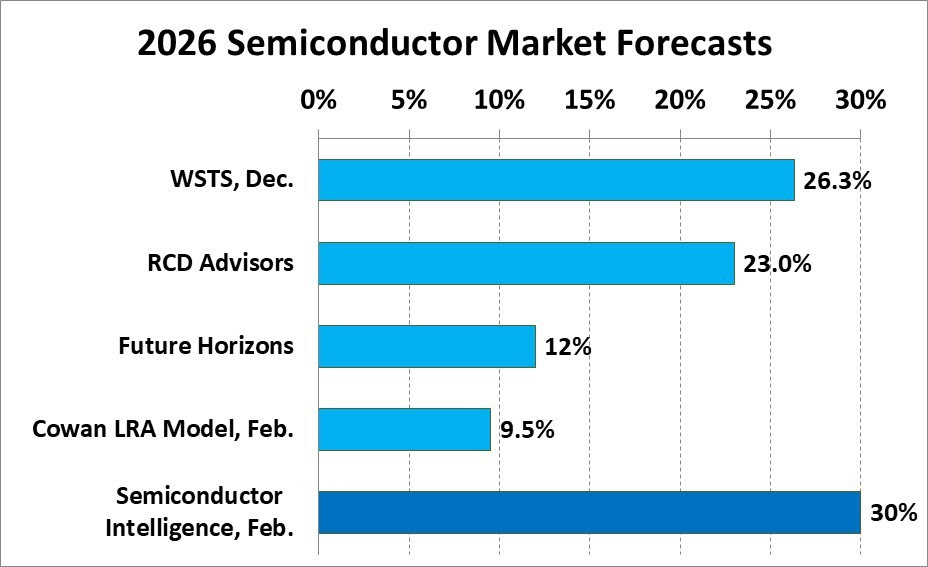 AI Drives Strong Semiconductor Market in 2025-2026The global semiconductor market in 2025 was $792…Read More
AI Drives Strong Semiconductor Market in 2025-2026The global semiconductor market in 2025 was $792…Read More How Customized Foundation IP Is Redefining Power Efficiency and Semiconductor ROIAs computing expands from data centers to edge…Read More
How Customized Foundation IP Is Redefining Power Efficiency and Semiconductor ROIAs computing expands from data centers to edge…Read More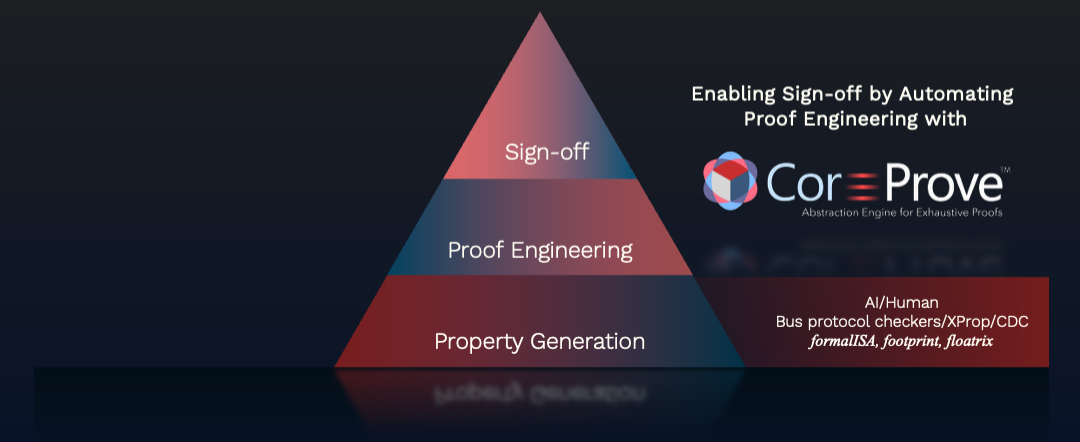 Akeana Partners with Axiomise for Formal Verification of Its Super-Scalar RISC-V CoresAkeana Inc. announced a key milestone in the…Read More
Akeana Partners with Axiomise for Formal Verification of Its Super-Scalar RISC-V CoresAkeana Inc. announced a key milestone in the…Read More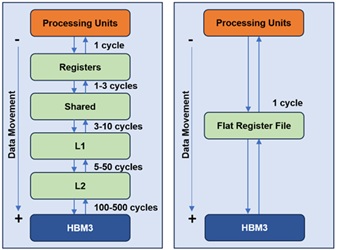 An AI-Native Architecture That Eliminates GPU InefficienciesA recent analysis highlighted by MIT Technology Review…Read More
An AI-Native Architecture That Eliminates GPU InefficienciesA recent analysis highlighted by MIT Technology Review…Read MoreTransient Noise Analysis (TNA)
Tanner EDA Applications Engineers see a broad range of technical challenges that our users are trying to overcome. Here’s one worth sharing – it deals with transient noise analysis (TNA) for a comparator design. The customer is a producer of advanced flow measurement devices for application in medicine and research. The designer… Read More
MOS-AK/GSA Munich Workshop
The MOS-AK/GSA Modeling Working Group, a global compact modeling standardization forum, completed its annual spring compact modeling workshop on April 11-12, 2013 at the Institute for Technical Electronics, TUM, Munich. The event received full sponsorship from leading industrial partners including MunEDA and Tanner EDA.… Read More
Challenges of 20nm IC Design
Designing at the 20nm node is harder than at 28nm, mostly because of the lithography and process variability challenges that in turn require changes to EDA tools and mask making. The attraction of 20nm design is realizing SoCs with 20 billion transistors. Saleem Haider from Synopsys spoke with me last week to review how Synopsys… Read More
NVM IP Security Solutions…
If you need securely storing in your SoC a data which is by nature unique, like encryption key, or a software code update, then you will probably decide to implement a Non Volatile Memory (NVM) block, delivered as an IP function, instead of using an expensive CMOS technology with embedded Flash capability. For example, Synopsys … Read More
Properly Handing Of Clock Tree Synthesis Specifications
Given today’s design requirements with respect to low power, there is increasing focus on the contribution to total power made by a design’s clock trees. The design decisions made by the front-end team to achieve high performance without wasting power must be conveyed to back-end team. This hand-off must be accurate… Read More
Reduce Errors in Multi-threaded Designs
Many advanced algorithmic IPs are described in C++. We use this language because of its flexibility. Of course software algorithms are written to be executed on processors so they don’t solve all the issues of getting the algorithm implemented in hardware directly. This is not simply a high-level synthesis (HLS) issue. Usually… Read More
Using Virtual Platforms to Make IP Decisions
Most SoC designs these days consist largely, but not entirely, of purchased IP blocks. But there are lots of tradeoffs involved in selecting IP blocks, and since those tradeoffs change with process node, even decisions that seem “obvious” based on the last generation of the design, may not be so clear cut. Even if you… Read More
GSA European Executive Forum
The first week of June is DAC in Austin of course. But over in Europe, the Wednesday and Thursday of that week, June 5-6th is the GSA European Executive Forum, bringing C-level executives together from all over Europe. It actually runs from 2pm on Wednesday until about 2pm on Thursday including a VIP dinner on Wednesday evening sponsored… Read More
TSMC ♥ Solido
Process variation has been a top trending term since SemiWiki began as a result of the articles, wikis, and white papers posted on the Solido landing page. Last year Solido and TSMC did a webinar together, an article in EETimes, and Solido released a book on the subject. Process variation is a challenge today at 28nm and it gets worse… Read More



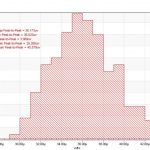


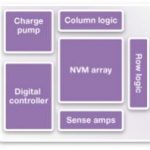
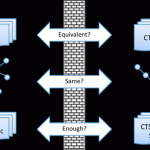
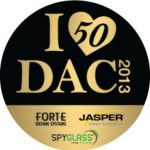
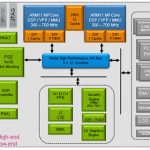

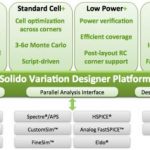
A Detailed History of Samsung Semiconductor